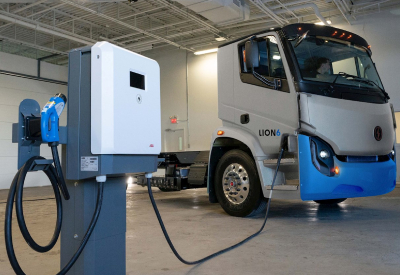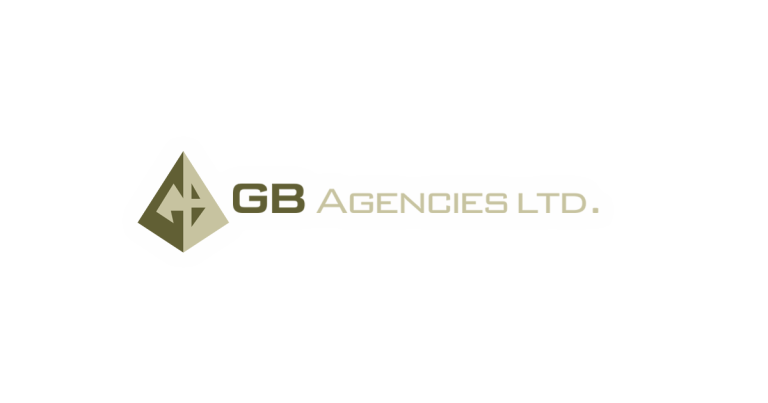ABB and Lion Electric Partner to Bolster E-Mobility in North America

Oct 2, 2020
ABB has partnered with Lion Electric, an innovative manufacturer of zero-emission vehicles, to strengthen the transition to a zero-emissions future in North America. ABB will offer its complete charging equipment product line to Lion Electric, to be sold under Lion Electric’s new Lion Energy infrastructure specialty division, making the Saint-Jérôme, Quebec-based company a service partner for ABB.
Lion Energy, the heavy-duty vehicle manufacturer’s end-to-end infrastructure solution is designed to streamline the process of EV charging station installation. Lion Energy packages charging infrastructure design and review, project management, utility coordination and customized consultation to its customers, easing the complex process of charging station installation. Lion Energy ensures infrastructure installation is accomplished in tandem with the vehicle purchasing process, giving customers the capacity to meet the charging needs of current fleets and the ability to scale in the future.
ABB’s portfolio and services span the entire kW chain from compact, high-quality AC wallboxes to reliable DC fast charging stations, Terra 54 (Fast Chargers) and Heavy Vehicle Chargers. ABB will supply the full range of solutions to support the Lion Electric fleet which ranges from small buses to 300kw battery trucks.
Lion Electric will be trained to undertake the servicing of ABB’s smart, reliable and effective EV charging solutions. ABB’s futureproof charging hardware and software are designed to meet the needs of e-buses and trucks. ABB will also support the end customers’ installation of the charging equipment, making the implementation of electrification easier for school bus and transit fleets.
North America faces air quality challenges throughout the region. In 2018, Canada’s transport sector accounted for more than 35 percent of the country’s greenhouse gas emissions, according to the Government of Canada1. The majority of these transport emissions were related to road transportation, which includes personal transportation, such as light-duty vehicles and trucks, and heavy-duty vehicles. The American Lung Association’s “State of the Air” 2020 report found that close to five in ten people—150 million Americans—live in counties affected by unhealthy ozone and/or particle pollution, the two most widespread air pollutants in the United States.
The widespread transition to zero-emission transportation technologies could produce emission reductions in 2050 that could add up to $72 billion in avoided health harms, saving approximately 6,300 lives and avoiding more than 93,000 asthma attacks and 416,000 lost work days annually due to significant reductions in transportation-related pollution.2
Providing a reliable charging infrastructure that scales with the needs of large battery vehicles like buses and trucks plays a crucial role in paving the way for wider adoption of e-mobility. This partnership will help grow the EV charging infrastructure in North America by offering easier integration of the charging infrastructure needed to make transit, school bus and fleet electrification a reality. It will also accelerate the purchase of Lion Electric’s EVs and related services by eliminating the challenges related to EV adoption.
[1] Report by the Government of Canada

















